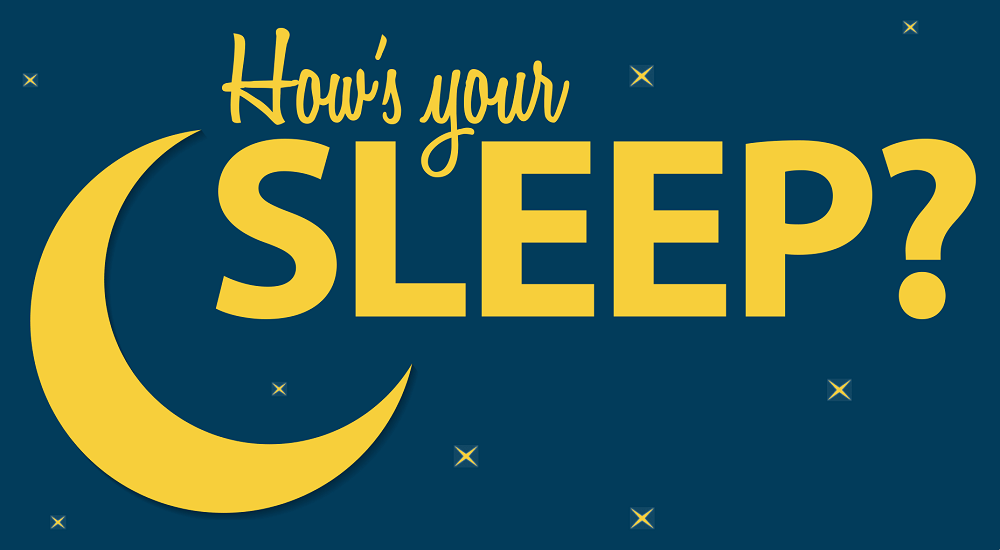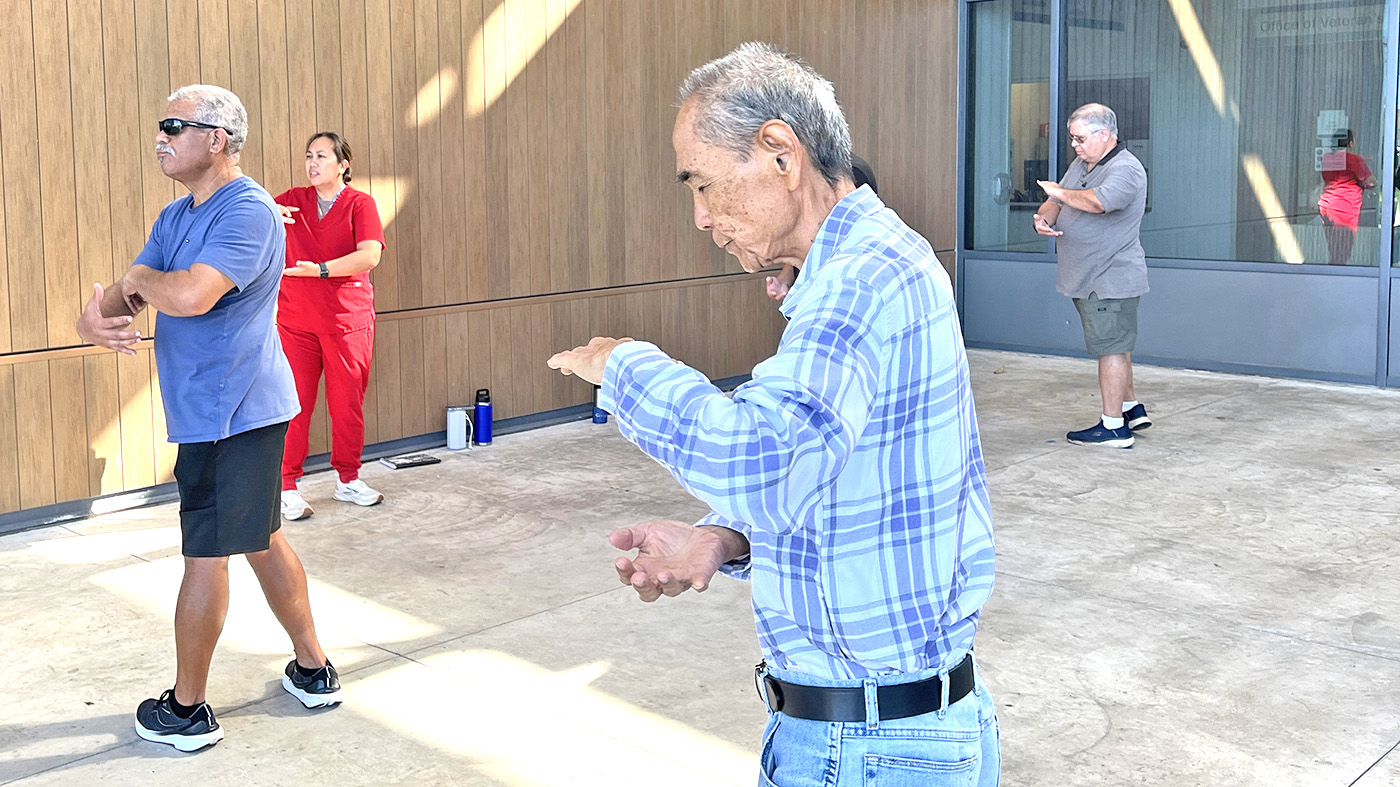“The nightmares were the hardest part because they were recurring. I didn’t sleep well – I’d sleep an hour and a half, two hours at a time…it was kicking my butt. I was working at the time and I was tired all the time going into work…”
For U.S. Army Veteran (1980-2008) Kevin Cottrell, PTSD came with sleep problems that made it difficult for him to do his job.
Cottrell’s experience is common. Many who are diagnosed with PTSD also have sleep problems. And when sleep problems last, they can have a negative impact on many parts of your life. The good news is, treatment can help!
Kevin shares in the National Center for PTSD’s AboutFace video that getting treatment for PTSD helped him turn his life around: “After I’ve received therapy, it’s getting better, slowly but surely.”
Recognize Sleep Concerns
Ask yourself the following questions: Have I had difficulty sleeping (getting to sleep, staying asleep, waking up too early) several nights a week for several months? Do I feel sluggish or have low energy? Have I noticed changes in my concentration or mood?
Do I dread the idea of trying to sleep, instead of looking forward to it? Have I woken up gasping for air? If you answered yes to any of the questions, then talk with your provider about getting a sleep assessment and discuss sleep treatment options.
Seek Treatment
If you have PTSD and sleep problems, ask your provider about evidence-based treatment options. Treating your PTSD can help improve your sleep problems. If your sleep problems continue after you complete a front-line treatment for PTSD, talk to your provider about options for sleep-related treatments.
If you have been diagnosed with insomnia, consider Cognitive Behavioral Therapy for Insomnia (CBT-I). CBT-I is a talk therapy that is the most effective treatment for insomnia. CBT-I does not require medication either.
For people who are doing CBT-I, the National Center for PTSD has a free treatment companion mobile app, CBT-I Coach. Also, VA has a free Veteran online training called Path to Better Sleep to help address insomnia symptoms.
Manage Sleep Difficulties
Treatment is the best option if you have lasting sleep problems. But these tips can also help temporarily:
- Have a 30-minute wind-down time before bed.
- Go to bed when sleepy.
- Get out of bed if you find yourself “trying” to sleep. Engage in a relaxation activity until you feel sleepy and then go back into bed.
- Have a consistent wake time.
- Make your bed and sleeping environment comfortable.
- Avoid alcohol and drugs before bed.
- Limit your caffeine use.
Visit the National Center for PTSD’s website to learn more about the relationship between PTSD and sleep problems.

Topics in this story
More Stories
Pacific Island VA holds two tai chi classes in Kapolei. The classes started virtually and moved to face-to-face recently.
Small steps, big impact! Prevent heart disease with simple habits like chair yoga. Breathe, move and feel better with this week's #LiveWholeHealth practice.
Access to health care and healthy behaviors all play a role in your ability to maintain a heart healthy lifestyle.






Unfortunately the veterans that we see in my office report issues with poor sleep but also difficulty finding the correct medication to help with their sleep. If a veteran is having nightmares about their service it seems incorrect to say that their sleep difficulties are not related to PTSD.
I too have been diagnosed with PTSD. I have nightmares and problems sleeping or when I finally do get sleep it’s seem like it isn’t enough. I’m with you when they say it’s not service connected and has nothing to do with my PTSD.
Larry Murray, sounds like what I have been going through.
Sleep is very important . Nightmares wake you before entering a REM sleep ( google that)
Then you become sleep deprived and have difficulty in good decision making . This also can affect your job .. in safety . So Sleep is very important . Combat vets have difficulty getting the true rest . Then there are the wives of combat vets with PTSD . They don’t get sleep . I know having been married 43 years to VIetnam Combat tunnel rat . Yes I can teach you all you need to know having been in his camp for 43 years . Yes I am a RN
Am confused, does every sleep problem got anything to do with ptsd?
No!
I been trying to tell the va about my sleep for years and they say it has nothing to do with my ptsd and it is not service connected